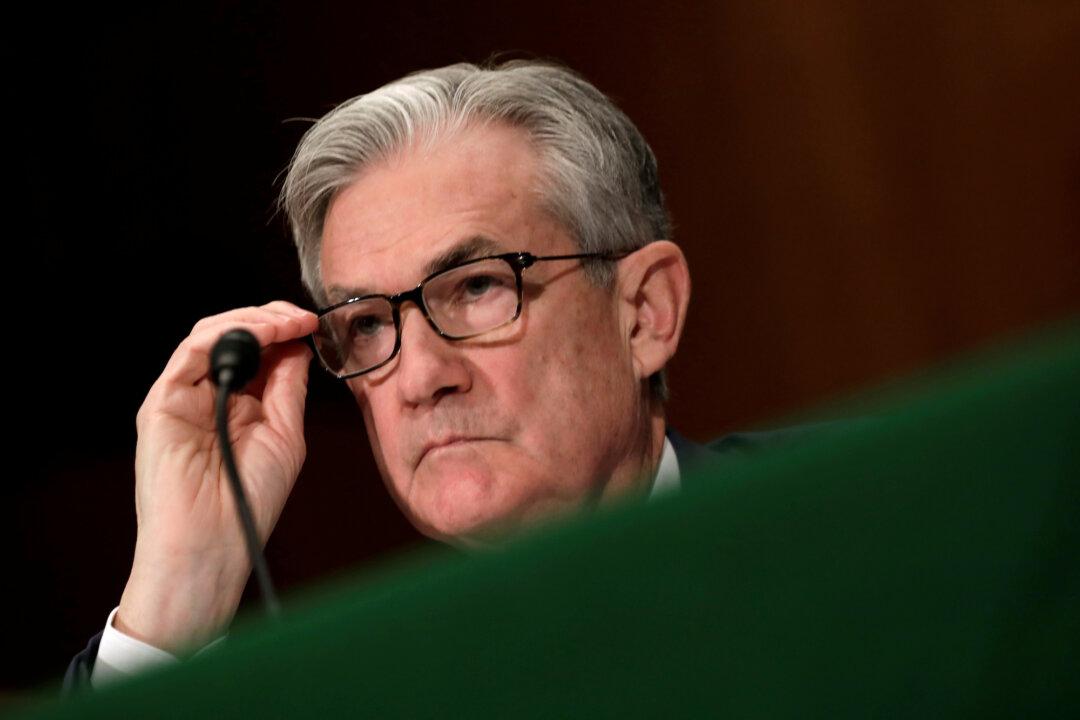Federal Reserve Chairman Jerome Powell expressed concern about whether America’s central bank and government were doing enough to push back against the economic fallout from the pandemic to prevent long-run damage to the economy, saying that “it’s possible we will need to do more and it’s possible Congress will need to do more.”
Powell made the remarks at a press conference that followed Wednesday’s meeting of the Federal Open Market Committee (FOMC), the Fed’s policymaking body. He said he was concerned about the potential “many millions of people” who would not be able to go back to work quickly because of their employment in sectors of the economy that would be slow to recover, but stopped short of giving lawmakers advice on how to calibrate policy around unemployment insurance.





